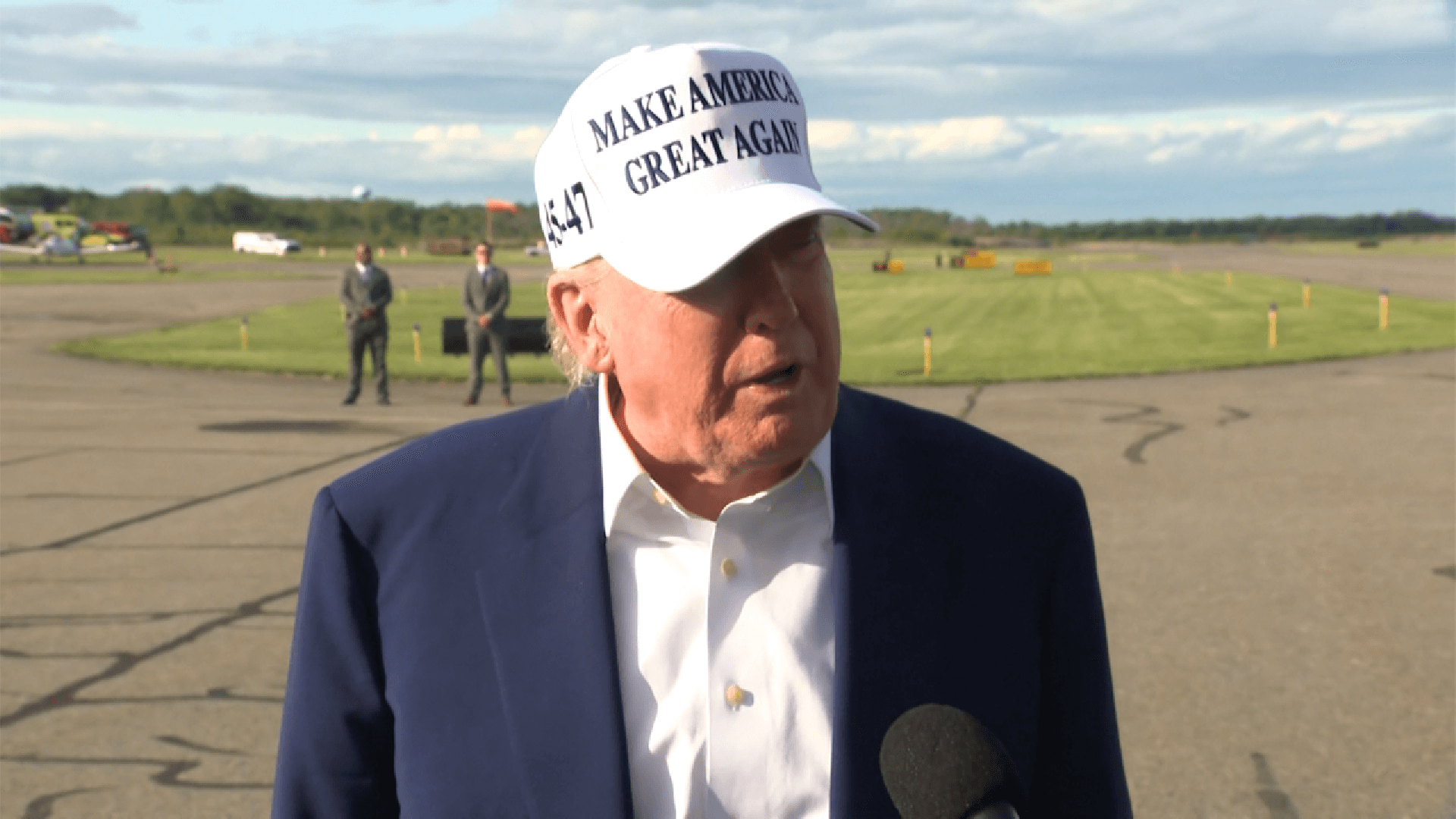Trump Condemns Putin’s Escalation in Ukraine, Signals Potential Sanctions – RT
U.S. President Donald Trump sharply criticized Russian President Vladimir Putin on Sunday, labeling him “absolutely CRAZY” for orchestrating what Ukrainian officials described as the largest aerial attack of the ongoing war in Ukraine. The remarks, posted on Trump’s Truth Social platform, came as Russia launched a barrage of 355 drones and nine cruise missiles overnight, targeting multiple Ukrainian cities, including Kyiv. The assault, which killed at least 12 people and injured dozens, marked a significant escalation in the three-year conflict.
“Something has happened to him. He has gone absolutely CRAZY!” Trump wrote, expressing frustration with Putin’s actions. Speaking to reporters in Morristown, New Jersey, before boarding Air Force One, Trump added, “I’ve known him a long time. Always gotten along with him. But he’s sending rockets into cities and killing people, and I don’t like it at all.” When asked about the possibility of new sanctions on Russia, Trump confirmed he was “absolutely” considering them, signaling a potential shift in U.S. policy toward Moscow.
The overnight attack, described by the Ukrainian Air Force as the largest drone assault since Russia’s full-scale invasion began in February 2022, targeted five locations, damaging residential buildings and industrial facilities. A 14-year-old boy was reported injured in the Odesa region. Ukrainian President Volodymyr Zelenskiy condemned the strikes, stating on social media that “only a sense of total impunity” allows Russia to continue such attacks. He called for stronger international sanctions to curb Moscow’s aggression.
Trump’s comments reflect growing frustration with Putin, whom he has repeatedly engaged in efforts to broker a ceasefire. Last week, Trump held a two-hour phone call with the Russian leader, describing it as “very well” and announcing that Russia and Ukraine would “immediately start” ceasefire negotiations. However, Russia’s latest attacks, coupled with Putin’s rejection of a proposed 30-day truce, have strained these diplomatic efforts. Kremlin spokesman Dmitry Peskov, responding to Trump’s remarks, suggested that the U.S. president and others were experiencing “emotional overload” but expressed gratitude for U.S. assistance in facilitating peace talks.
Trump also directed criticism at Zelenskiy, accusing him of exacerbating tensions with inflammatory rhetoric. “President Zelenskyy is doing his Country no favors by talking the way he does,” Trump posted, without specifying which statements he found objectionable. The U.S. president has previously clashed with Zelenskiy, notably after pausing military aid to Ukraine in March to pressure Kyiv into accepting a ceasefire deal. Despite this, Trump recently met with Zelenskiy in the Vatican, describing the discussion as “very productive.”
The international response to Russia’s latest attacks has been swift. European leaders, including Germany’s Foreign Minister Johann Wadephul and the EU’s top diplomat Kaja Kallas, called for additional sanctions, arguing that Putin’s actions demonstrate a lack of interest in peace. The EU and Britain have already announced new measures targeting Russia’s “shadow fleet” of oil tankers and financial firms, aiming to curb Moscow’s ability to evade existing sanctions.
While Trump has historically expressed reluctance to impose sanctions, citing their limited effectiveness, his recent threats suggest a hardening stance. In March, he indicated he was considering “large-scale banking sanctions” and tariffs on Russia until a peace agreement is reached. However, sources familiar with U.S. policy indicate uncertainty about whether Trump will follow through, given his earlier moves to ease pressure on Moscow, including disbanding a Justice Department task force targeting Russian oligarchs.
As the war in Ukraine enters its fourth year, the path to peace remains uncertain. Russia’s control of approximately 20% of Ukrainian territory, including Crimea, continues to complicate negotiations. The recent prisoner swap, involving 1,000 captives from each side, offered a glimmer of progress, but the intensification of Russian attacks has dimmed hopes for an imminent ceasefire. With Trump signaling a willingness to escalate economic pressure, the coming weeks will be critical in determining whether diplomacy or further confrontation will define the conflict’s next phase.


